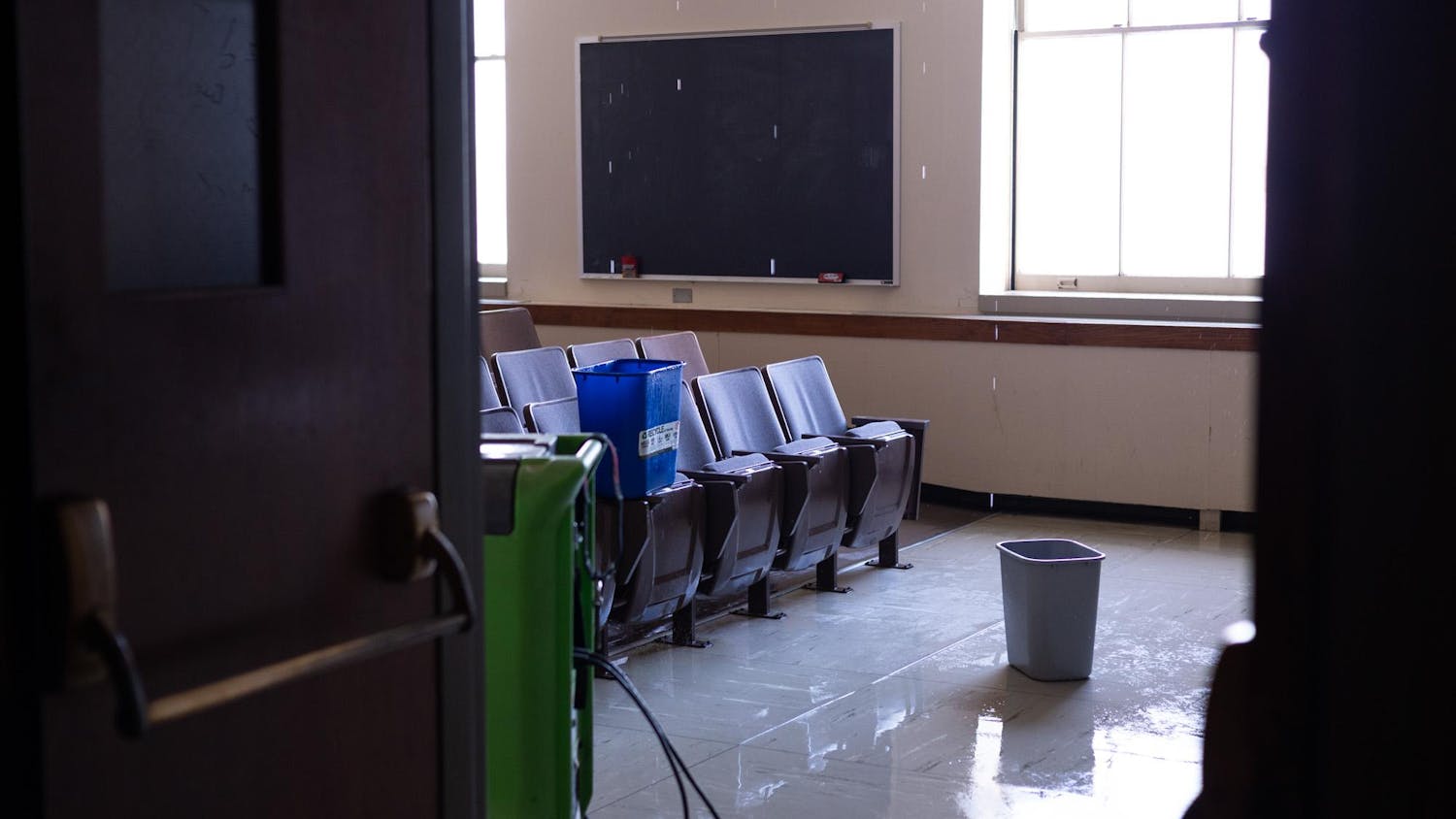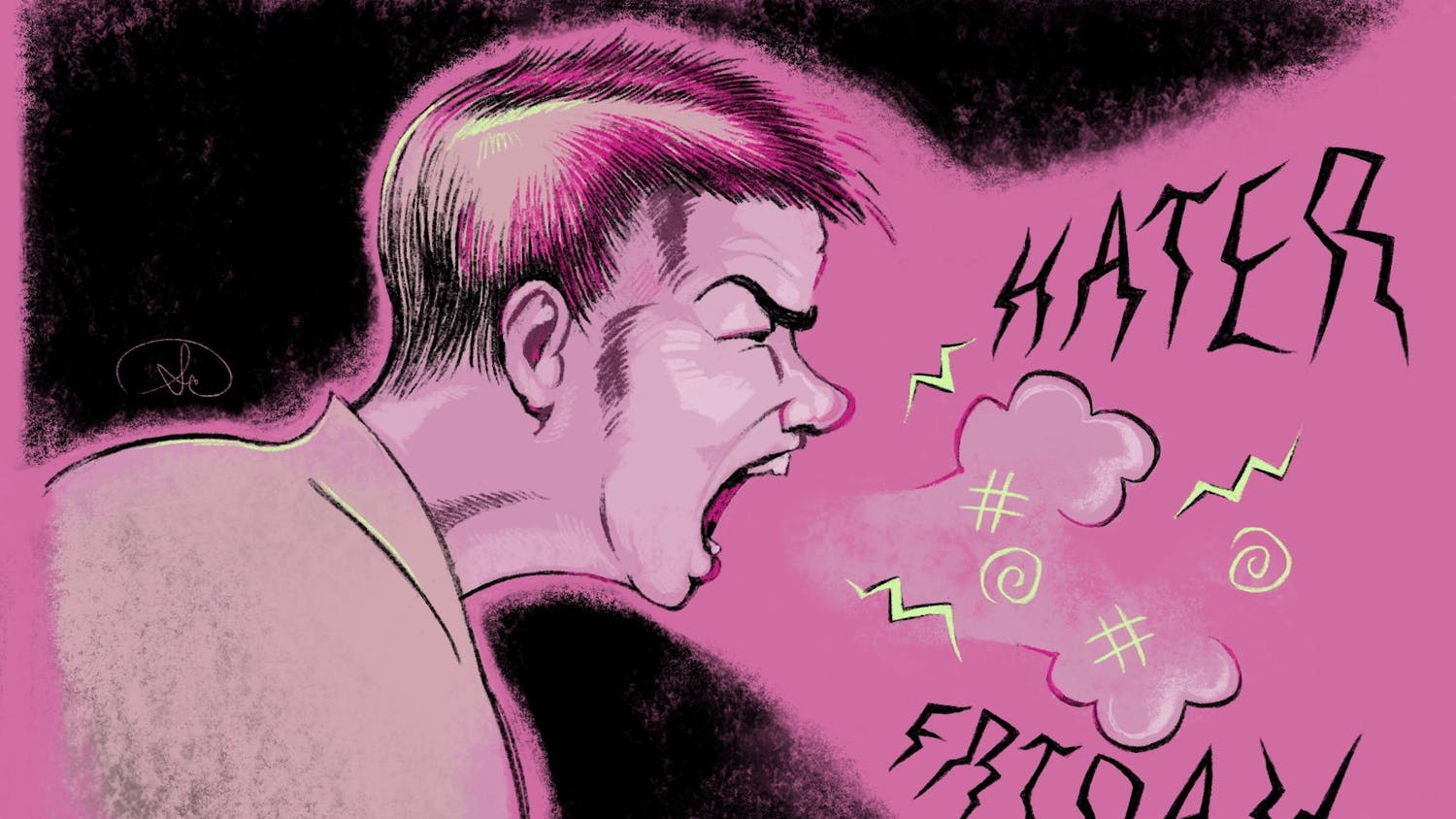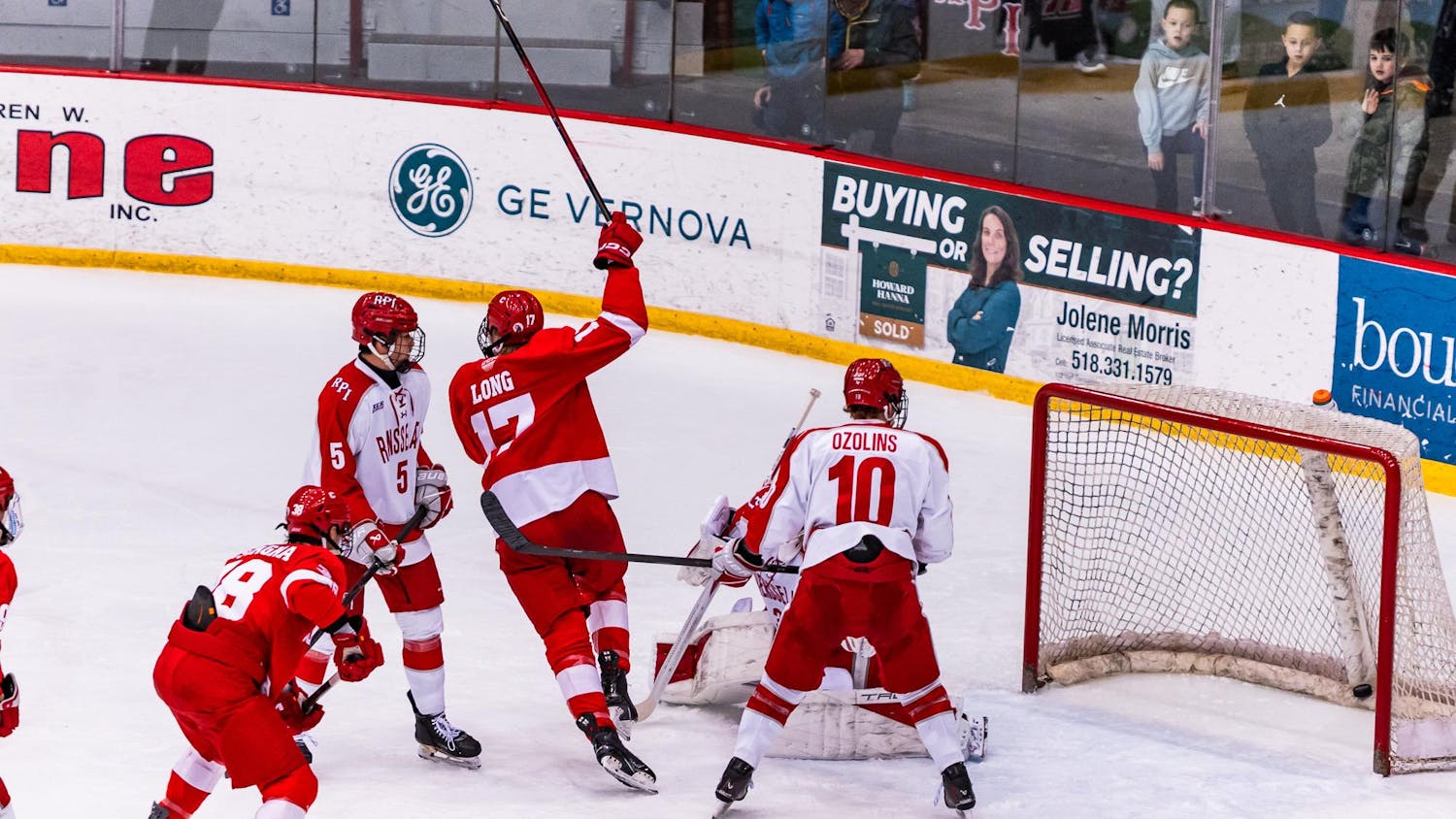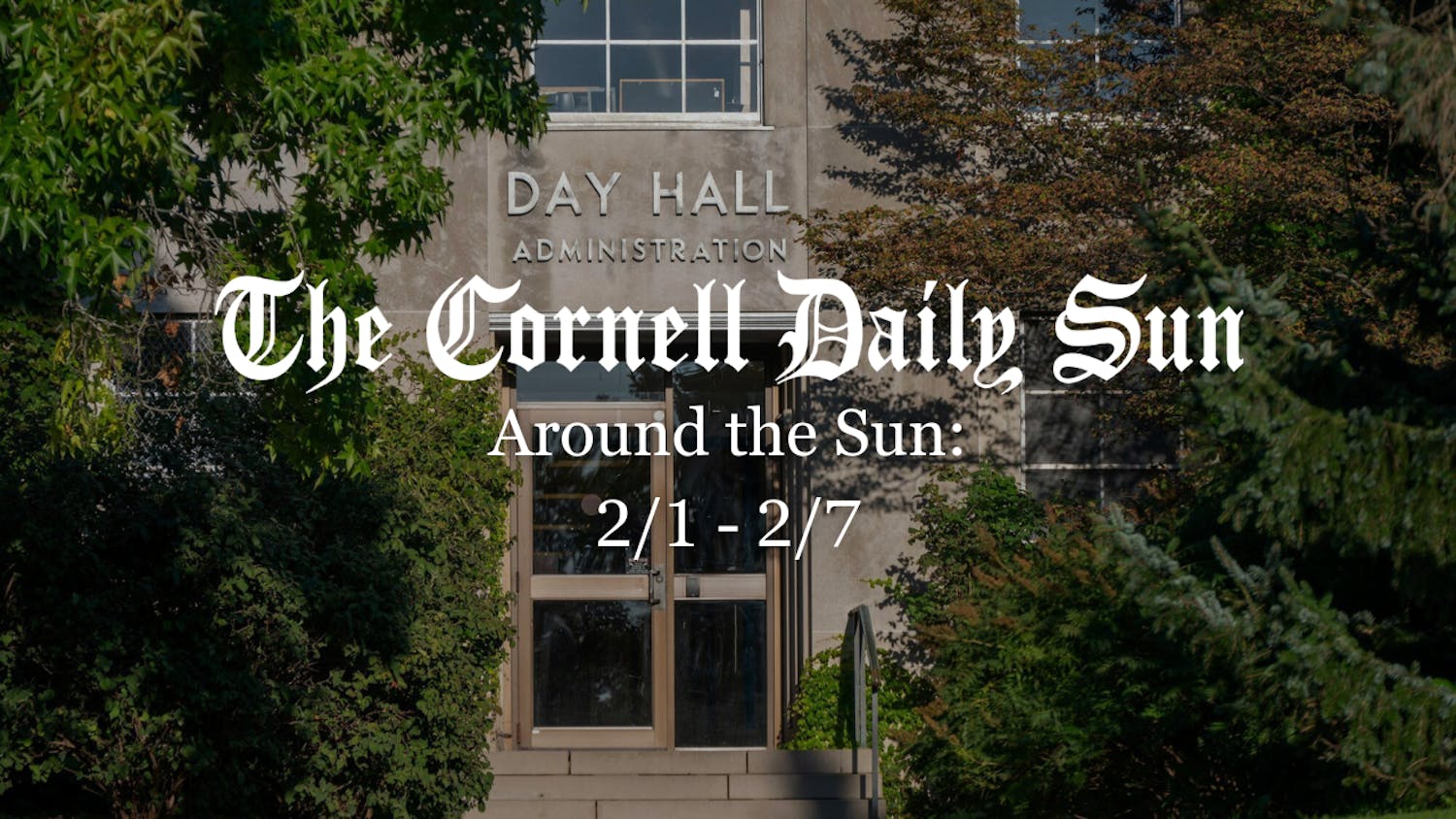OLYMPIC RECAP | Week One: Guilday ’25 and O'Neill ’20 Make Olympic Debuts as All Cornellians Advance to Women’s Hockey Knockout Round
The four Cornellians — Laura Fortino ’13, Brianne Jenner ’15, Kristin O'Neill ’20 and Rory Guilday ’25 — represent three countries, all of which succeeded in advancing to the tournament’s knockout stages.

























